gulfood-5-300x200.jpg" alt="Last week, the Dubai World Trade Fair halls hosted over 4,800 international food companies. (Photo: Elisabeth Lang)" width="809" height="539" /> Last week, the Dubai World Trade Fair halls hosted over 4,800 international food companies. There were 80,000 visitors who came together at the 20th edition of – what else – the world’s biggest annual food and hospitality trade show. The Gulfood event was inaugurated by His Highness Sheikh Hamdan Bin Rashid Al Maktoum, Deputy Ruler of Dubai and Minister of Finance. (Photo: Elisabeth Lang)
by Elisabeth Lang, special to eTN
Amazing Dubai. It is difficult to imagine that only 20 years ago there was only a two-lane road leading to the World Trade Center Dubai, and besides that, nothing but sand. After a seemingly long drive from Deira, all of a sudden the World Trade Center appeared like a Fata Mogana.
Today, 20 years later, the Metro, which is more a Skytrain, arrives silently in front of the World Trade Center, where luxurious hotels like the Fairmont, the Conrad, and the Radisson Blu are lining up, while on the other end of the exhibition halls, IBIS and Novotel are waiting for travelers with smaller budgets.
Dubai has become a big hub for the entire Gulf region and makes Manhattan with its tall skyscrapers seem outdated. Dubai is a city of superlatives, with the world’s biggest shopping mall, the world’s most expensive mall (under construction), the world’s tallest buildings, and is a city that sees more than 3 million people in a single day.
Also Read: Packaging Industry Supports Halal Ecosystem
The estimated total of 3,023,426 people includes tourists and people who work in the emirate but live outside of it. Last week, the Dubai World Trade Fair halls hosted over 4,800 international food companies.
There were 80,000 visitors who came together at the 20th edition of what else the world’s biggest annual food and hospitality trade show. The Gulfood event was inaugurated by His Highness Sheikh Hamdan Bin Rashid Al Maktoum, Deputy Ruler of Dubai and Minister of Finance.
“We have seen Gulfood grow from humble beginnings to what we have now more than 120,000 square meters of exhibition space with 4,800 companies taking part. Gulfood is creating a benchmark for the industry, and it is a win-win for everybody.
Gulfood raises its standard every year and also develops the regional food industry across many categories,” said HE Essa Al Ghurair, Chairman, Al Ghurair Resources LLC.
Also Read: 7th World Halal Summit Held in Istanbul
His company received the Gulfood industry’s Outstanding Achievement Award, in recognition of the company’s outstanding commitment and achievement within the Middle East food and beverage industry.
At The World Security Summit held at the Conrad hotel, securing the Gulf Cooperation Council’s (GCC’S) future supply and building coherent global governance for food security was discussed by experts. Other issues looked into how the global food system can be made more resilient to extreme weather shocks.
More than 1,000 industry professionals attended the three-day conference at the Conrad hotel addressing global food security action plans and policies. A part of the summit included the Halal Investment Conference and the Food Franchising Forum, one of the fastest-growing segments of the worldwide food industry, currently worth US$ 1.1 trillion globally.
The international Halal food market occupied an integral part of Gulfood 2015, with key Halal industry players and senior government decision-makers discussing commercial and business opportunities presented by the $1.1 trillion global Halal food market.
Also Read: Halal Tourism Pays Attention to Tourist Comfort
Among the speakers was His Excellency Nabil Molla, CEO of the GCC Standardization Organization (GSO), underling to the UAE’s leading role in Halal standardization and certification agenda. More transparency was urged for Halal imports, as products sold in some Arab nations do not comply with Sharia, the moral and religious code of Islamic law.
Under the new UAE Halal scheme, Halal compliance is checked thoroughly through the entire process of production, distribution, and storage according to Farah Ali Al Zarouni, Director of the Standards Department at THE Emirates Authority for Standardization and Metrology (Esma) of the government of Dubai.
With the fast majority of the world’s major Halal-certified beef and mutton producers coming from South America, the Institute for Promotion of Investments and Exports revealed that Uruguay is currently the world’s sixth largest exporter of beef, and the Middle East accounts for 95 percent of the total Uruguayan export to the region this year, marking an increase of 77 percent since 2010.
Among the big players, and present with huge stands at Gulfood, was Brazil and Argentina as well as multiple companies that export Halal-certified beef to countries including Russia, China, Canada, the USA, Kuwait, and more.
Also Read: Sheikh Watteau Supports Philippine Halal Certification Through ISO
It was a surprise to learn that Northern Thailand has over 4,000 Halal-certified companies selling over 125,000 items globally. India is also a major exporter to the UAE, with $1.9 million worth of annual exports, including Basmati rice, spices, processed food preparations, and more.
The war in Syria has wrecked the country’s economy, and Syrian companies are eyeing the F&B (food and beverage) market in the Gulf as a mean to cope with disruptions to operations in their country.
Syria was known for excellent agricultural products and was once the farmhouse for neighboring countries.
However, now most of the companies have been clashed, and land has been destroyed. Eibo, a company that exports confectionary products, used to produce 30 tons a day, but sadly, now it doesn’t even reach one ton day said its Export Manager.
Also Read: Indonesia-Brunei Discuss Increasing Halal Meat Exports
Gulfood is held annually, and it has positioned itself as a big name player in the world market food fair arena, reaching out to main markets such as Asia (China + India) and Africa, with a total participation of 156 countries.
The mother of invention – ANUGA (Cologne, Germany), the world’s largest food and beverage fair – is held every 5 years, and will be back this year from October 10-15, 2015. In 2010, the event welcomed 6,777 exhibitors and over 150,000 trade visitors from 96 nations. (T/P002/P3)
Mi’raj Islamic News Agency (MINA)
Also Read: Mathlaul Anwar University Promotes Banten Loves Halal Campaign
Source: http://www.eturbonews.com/55742/gulfood-halal-food-goes-global





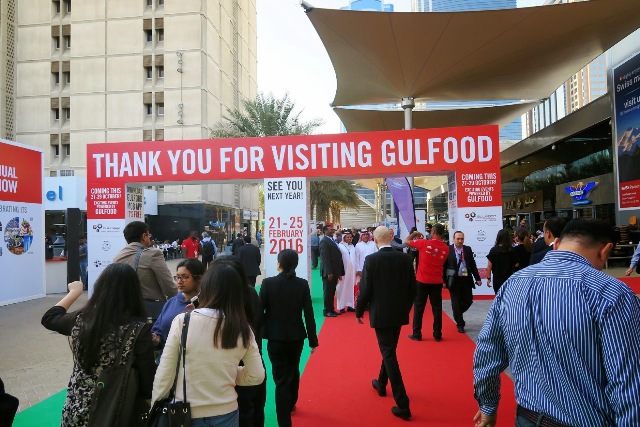

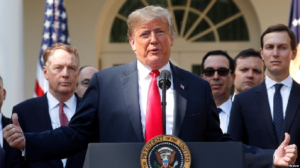

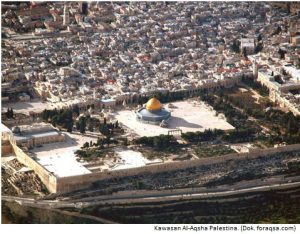
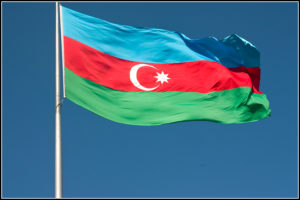




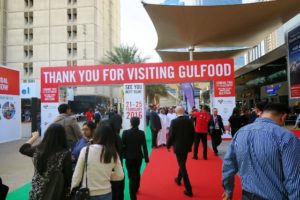
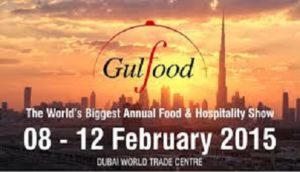









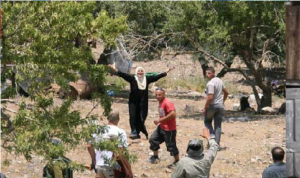

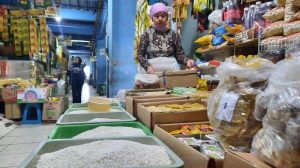



 Mina Indonesia
Mina Indonesia Mina Arabic
Mina Arabic